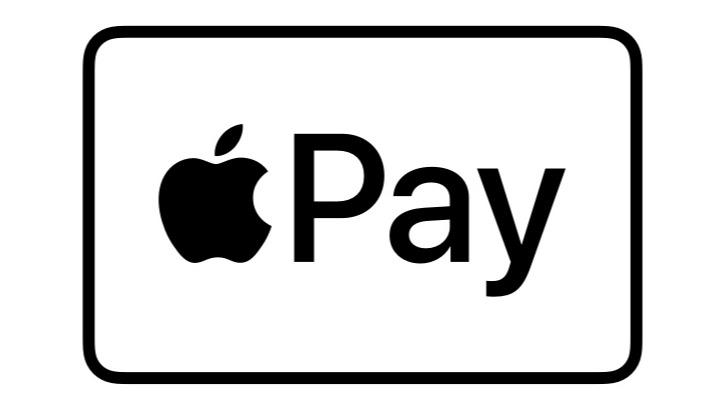Apple has said that its contactless technology will soon be open to other developers following pressure from the EU.
Using new Near-Field-Communication (NFC) and Secure Element APIs, third-parties will now be able to offer in-app contactless transactions for in-store payments, car keys, closed-loop transit, corporate badges, student IDs, home keys, hotel keys, merchant loyalty and rewards cards, and tickets, with government IDs to be supported in the future.
The European Commission last month accepted legally binding commitments from Apple to open access to its 'tap and go' technology on iPhones, addressing concerns over the tech giant's alleged abuse of market dominance in mobile payments.
The Commission's investigation, which began four years ago, focused on Apple's refusal to grant rivals access to NFC technology used for contactless payments with iPhones in stores.
This technology, crucial for mobile wallet functionality, was previously reserved exclusively for Apple Pay.
Apple said that to incorporate this new solution in their iPhone apps, developers will need to enter into a commercial agreement with Apple, request the NFC and SE entitlement, and pay the associated fees.
"This ensures that only authorised developers who meet certain industry and regulatory requirements, and commit to Apple’s ongoing security and privacy standards, can access the relevant APIs," said the company.
The NFC and SE APIs will be available to developers in Australia, Brazil, Canada, Japan, New Zealand, the UK, and the US in an upcoming developer seed for iOS 18.1.
Apple said that it would also be expanding to other locations in the future.
To make a contactless transaction within an app that utilises these APIs, users can either open the app directly, or set the app as their default contactless app in iOS Settings, and double-click the side button on iPhone to initiate a transaction.
Latest News
-
Santander completes Europe's ‘first’ payment made by AI agent
-
Barclay's exec Braddick to lead PRA
-
NatWest strengthens retail banking team with three new appointments
-
UBS plans to extend Sergio Ermotti’s tenure as capital row deepens
-
Mizuho to replace 5,000 administrative roles with AI
-
Allica achieves unicorn status through latest funding round
Creating value together: Strategic partnerships in the age of GCCs
As Global Capability Centres reshape the financial services landscape, one question stands out: how do leading banks balance in-house innovation with strategic partnerships to drive real transformation?
Data trust in the AI era: Building customer confidence through responsible banking
In the second episode of FStech’s three-part video podcast series sponsored by HCLTech, Sudip Lahiri, Executive Vice President & Head of Financial Services for Europe & UKI at HCLTech examines the critical relationship between data trust, transparency, and responsible AI implementation in financial services.
Banking's GenAI evolution: Beyond the hype, building the future
In the first episode of a three-part video podcast series sponsored by HCLTech, Sudip Lahiri, Executive Vice President & Head of Financial Services for Europe & UKI at HCLTech explores how financial institutions can navigate the transformative potential of Generative AI while building lasting foundations for innovation.
Beyond compliance: Building unshakeable operational resilience in financial services
In today's rapidly evolving financial landscape, operational resilience has become a critical focus for institutions worldwide. As regulatory requirements grow more complex and cyber threats, particularly ransomware, become increasingly sophisticated, financial services providers must adapt and strengthen their defences. The intersection of compliance, technology, and security presents both challenges and opportunities.
© 2019 Perspective Publishing Privacy & Cookies















Recent Stories